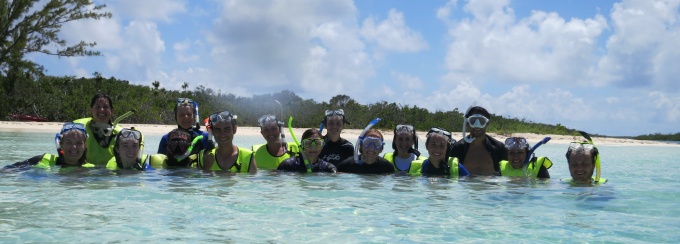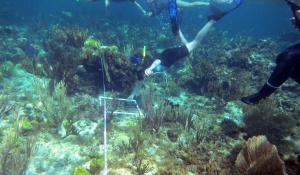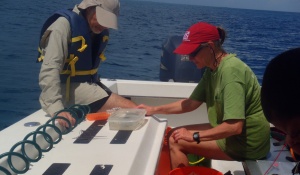Ecosystems and Adaptation

The Ecosystems and Adaptation Group at UB explores the dynamic interactions between organisms and their environments that have shaped the history of life on Earth. This broad-ranging subject encompasses studies of ecological relationships, evolutionary processes, and the adaptive mechanisms that organisms employ to survive and thrive in changing environments. Through interdisciplinary research, the group aims to uncover insights into biodiversity, ecosystem function, and the intricate balance of life on our planet.
- Mary Alice Coffroth – Evolutionary Biology and Ecology, Population Biology of Marine Invertebrates
- Howard L. Lasker – Evolutionary Biology and Ecology, Population Ecology of Marine Invertebrates
- Charles E. Mitchell – Paleobiology, Biostratigraphy, Appalachian Basin history, Ordovician geology
We characterize how organisms interact with each other and their environment and how those interactions change over time. These interactions are essential to both applied and basic topics, such as the studies of human origins (paleoanthropology), biodiversity over space (community ecology) and time (paleobiology); the function and evolution of body plans and life histories (evolutionary ecology), the origins of social systems (socioecology); the effects of climate change; and biotic invasions on ecosystems, conservation, bioremediation, and epidemiology.
Ecosystems and Adaptation research within the Department of Geology ranges from the paleobiology of graptolites to the population genetics of modern coral reef invertebrates. The research foci of our faculty are on studies of marine and aquatic invertebrates and the ecological and evolutionary scale interactions between the environment and morphological, physiological, and genetic traits.

